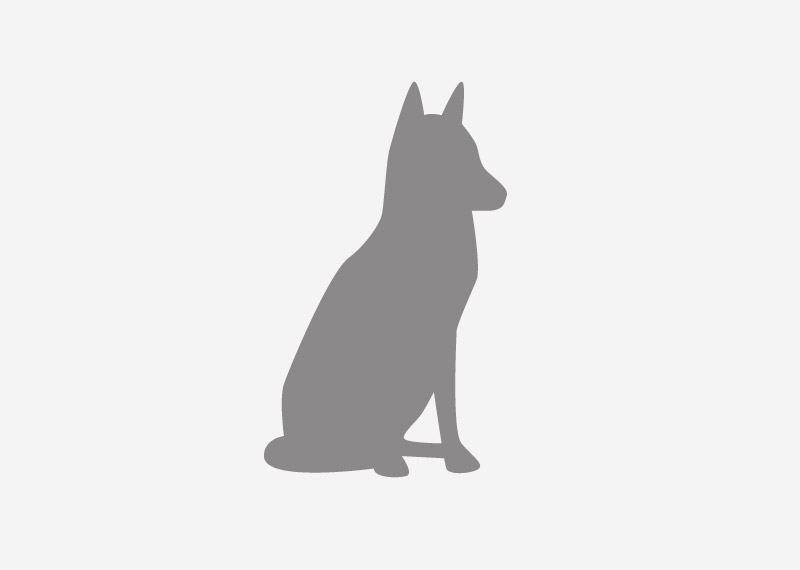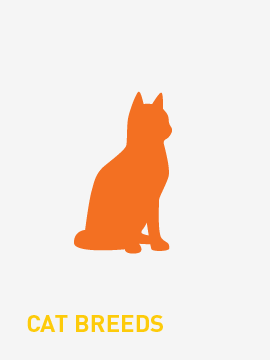The, sometimes called Kishu Ken or Kishu Inu, is a Japanese breed of dog, developed there for thousands of years. It is descended from ancient medium-sized breeds and named after the Kii Province, now Wakayama Prefecture. This breed is similar to the Hokkaidō-inu, Shikoku and the Kai. Sometimes it is mistaken for the white variant of Hokkaido because of very similar appearance. The Japanese originally used this breed of dog for boar and deer hunting. Like the Shiba, they are often quiet. Kishu will stalk prey quietly rather than bark.
History
The Kishu is a Foundation Stock breed with the American Kennel Club. The American Kishu Registry is the official Kishu registry in the United States and is recognized as such by AKC. Other registries include Japan Kennel Club (JKC) and Nihonken Hozonkai (Nippo), both in Japan. The Kishu is recognized as a natural monument of Japan, thus export of the Kishu from Japan is severely restricted. Since this breed is so rare in North America and Europe, you may only get a chance to see him in his native homeland, Japan. There are only two known breeders outside of Japan—one in Texas and one in the Netherlands.
Health
The only known health problems with the Kishu Ken are occasional Hypothyroidism (low thyroid), which is not uncommon among the Japanese breeds, and affects perhaps one in ten dogs. It is not life threatening and treatment is a thyroid pill daily for the optimum health of the dog, as with humans.The other known issue is Entropion, a genetic defect affecting the eye in which the eyelid turns inward and the lashes scratch the eyeball. This is connected in part to the triangular shape of the eye in the Kishu Ken. This requires surgery to prevent the loss of vision in the eye and continual pain to the dog.
Grooming
The Kishu should be brushed weekly to keep their fur mat free and clean. Bathe them as necessary, depending on how dirty they are. Their ears should be checked routinely for wax build up, infection or dirt. Their nails should also be trimmed regularly. Kishu Kens shed once or twice a year, making grooming at these times needed.
Exercise
The Kishu needs adequate space to roam and exercise, meaning a house with a yard or urban environment with a fence. They need regular exercise on a leash, taking walks or runs. They can also be given a job to do such as herding to satisfy their exercise.




